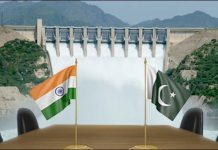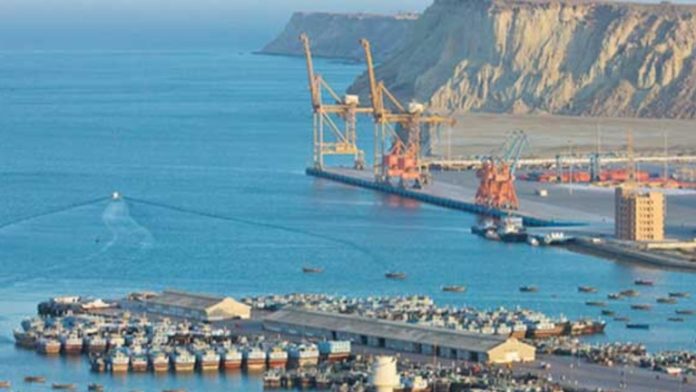New Delhi: In a recent statement, the Ministry of External Affairs (MEA) official spokesperson Randhir Jaiswal reiterated India’s firm stance on Pakistan-occupied Jammu and Kashmir (PoJK), highlighting that the entire region of Jammu and Kashmir, including Ladakh, is an integral part of India. Jaiswal underscored India’s opposition to the China-Pakistan Economic Corridor (CPEC), citing concerns over its infringement upon India’s territorial integrity and sovereignty.
Addressing questions regarding reports of heightened cooperation between Pakistan and China, Jaiswal stated, “On PoK, we are very consistent in our position. We want to tell you, the whole of Jammu and Kashmir and Ladakh, the union territories, they are part of India, an integral part of India. They were an integral part of India. They are an integral part of India and they will remain an integral part of India.”
Regarding CPEC, he affirmed, “Our position on CPEC also is well known to you. We are not in favour of it. We are against it. It goes against our territorial integrity and sovereignty.”
Jaiswal’s remarks follow discussions between Pakistan’s Deputy Prime Minister Ishaq Dar and Chinese Foreign Minister Wang Yi, wherein both nations expressed satisfaction with the progress of CPEC and pledged to enhance their cooperation further. They emphasised the importance of various ongoing projects under CPEC, including the Main Line-1 railway line, Gwadar Port development, and other initiatives in sectors such as energy, agriculture, mining, and industry.
Meanwhile, Baloch political activist Munir Mengal highlighted the human rights violations in Balochistan province, particularly since the inception of the CPEC project. During a session of the United Nations Human Rights Council, Mengal expressed concerns over the project’s impact on the Baloch people, alleging that it has led to mass displacement, enforced disappearances, and military operations aimed at suppressing dissent.
“The China-Pakistan Economic Corridor (CPEC) has been a source of great concern for the Baloch people,” said Mengal. “This multi-billion-dollar project is seen as an attempt to eliminate the Baloch people from their land, loot their resources and suppress their voices.”
The CPEC, a $50 billion component of China’s Belt and Road Initiative, aims to create an infrastructure network connecting Pakistan’s Gwadar and Karachi ports to China’s Xinjiang Uygur Autonomous Region. However, concerns persist over its socio-economic and environmental implications, particularly in regions like Balochistan.







































